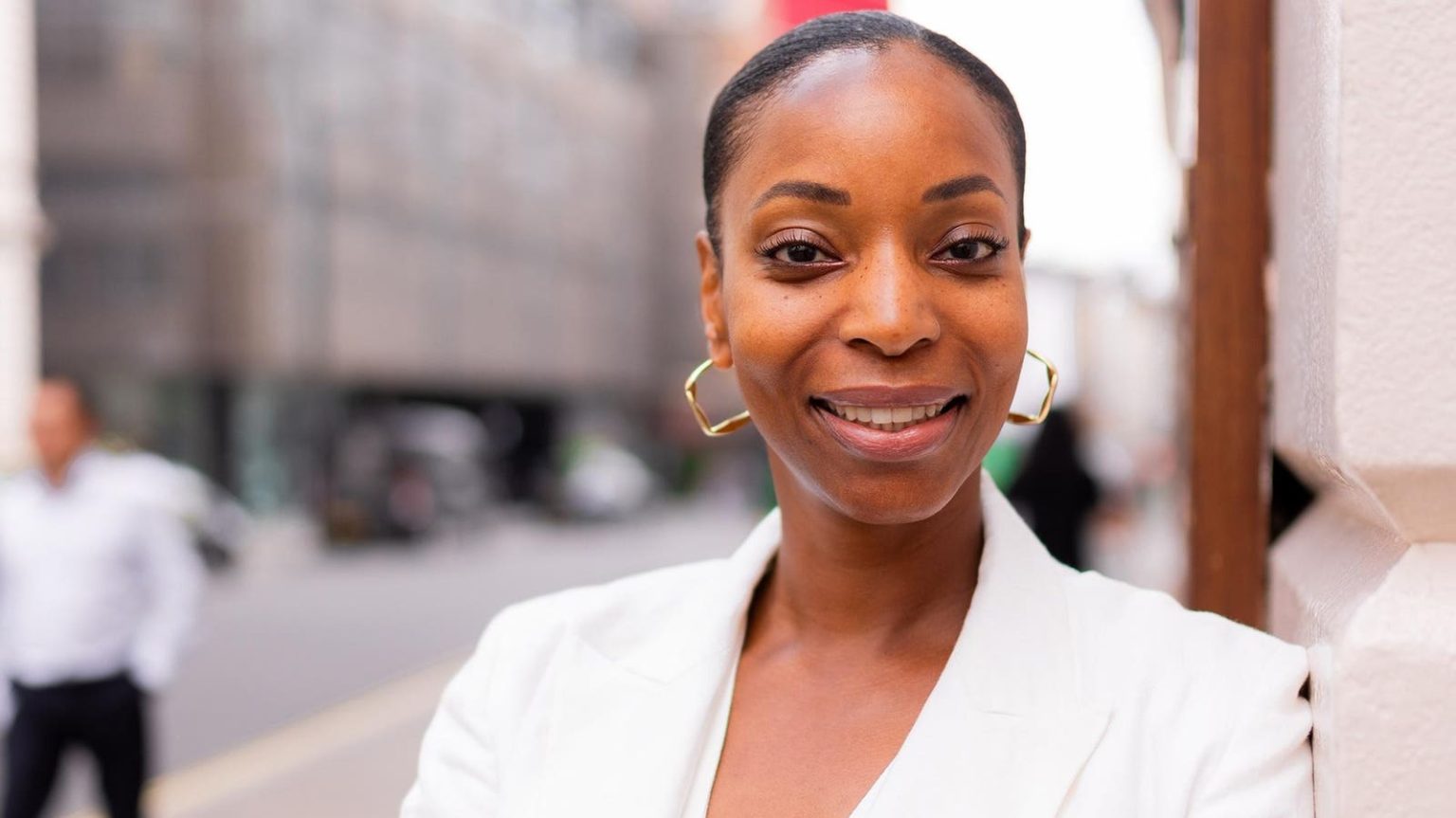In an era increasingly defined by environmental urgency, few leaders embody the nexus of business innovation and social impact quite as well as Natalie Campbell. As co-CEO of social enterprise Belu Water, Campbell’s mission is as ambitious as it is vital: to donate at least £1 million ($1.2 million) per year to WaterAid.
Only, that’s no longer its only mission. Since 2011, its glass-bottled water has helped contribute £5.8 million ($7.4 million) to WaterAid, benefiting over 391,000 people in some of the world’s poorest communities by providing access to clean water and sanitation. However, having joined the company in March 2020—just three weeks before the global pandemic forced much of the world into lockdown—the road ahead was paved with unexpected challenges, and a crucial call to change.
With luxury hotels, restaurants, and corporate offices—Belu’s key clients—shutting their doors, Campbell and her co-CEO, Charlotte Harrington, split responsibilities accordingly, and immediately flipped the business on its head.
“When I joined, I was surprised to find that Belu’s articles were traditional commercial articles, so shareholder primacy was still the first priority, even though it’s contractually agreed that we give all of our profits to WaterAid,” Campbell says. “I wanted to make sure, that no matter what, whether it was under my tenure or another tenure, Belu operates with its purpose in mind, so I changed our primary objects to be the Sustainable Development Goals, 6, 12, and 13,” she explains.
This alignment with the United Nations’ SDGs—covering clean water, responsible consumption, and climate action, specifically—marked a significant shift. “I wouldn’t have said this maybe 10 years ago, but if we can prove that using the SDGs as a framework for the difference you want to make is a) possible, b) free and easy, and c) something that does actually drive impact—if we could do that, that would be significant,” she says.
Ensuring Belu’s mission was embedded at every level of decision-making, the governance change not only transformed the company’s long-term strategy but also revitalized its fortunes.
“As a baseline, we give WaterAid £200,000 per year. Last year, I think it was £400,000, so we’re climbing back to that million-pound mark,” she says. “I’m pleased to say that we’ve grown. In the pandemic we dropped to about £2 million in revenue. Fingers crossed, this year we’ll close just over the £10 million mark.”
While financial growth remains important, Campbell recognized that shifting the focus of the business—to changing the way the world views water altogether—was imperative.
“It broadened our thinking beyond ‘let’s drive this business to be as profitable as possible and give it all away’ to ‘how do we become a model for thinking about how you do business differently.’ For some people, it might feel like a small change, but the reality is, whether you’re a social enterprise, a charity, or a full-fat capitalist business, if your underlying goal is profitability, you under-invest in certain areas.
“Honestly, when I inherited Belu, we were under-investing in certain areas because the pursuit was getting a million pounds to WaterAid. The shift just delivered a bit more balance back to the business.”
It felt particularly important at a time when greenwashing, the practice of companies making exaggerated or misleading claims about their environmental impact, had become pervasive. And something Campbell has done everything in her power to avoid.
“One example was moving away from offsets,” Campbell says. “When I joined, I realized it was a complete Wild Wild West. The carbon credit market was going absolutely bananas for no reason, and with just a little bit of desk research, I realized that the sorts of projects most people were investing in weren’t sequestering carbon from the atmosphere. A lot of them weren’t necessarily that good for communities. So we stopped doing it.”
Though the decision meant Belu couldn’t officially call itself carbon-neutral, the choice to switch it out and invest in UK-based, nature-based solutions, which have since exploded in popularity, was inspired. “We invested in things that other businesses wouldn’t do because they couldn’t then attach a label to it.”
Campbell, however, delights in doing things differently, and is particularly critical of trends like canned and Tetra Pak water, which she calls “so bad, so so bad.”
Despite being marketed as sustainable, such options often fail in practice. “We don’t recycle any of it in the UK, so it’s shipped out of the country,” she says, “and they’re reporting it as plastic-free! Like, cut it open and tell me that it’s plastic-free or aluminum-free. You can’t put water in paper and expect it not to leak.”
Both professionally and personally, she advocates for filtering and refillable solutions as the best alternative and encourages consumers to reuse and/or recycle any 100% recycled plastic or glass bottles they use.
Still, the path ahead for Belu’s mission is long, especially in the fight against water scarcity. UNICEF predicts that 700 million people could be displaced due to water shortages as early as 2030, and despite its critical importance, the issue remains largely under-addressed in global forums. “Water was not even on the COP agenda until three years ago, which shocks me, given the fact that without water, in 24 hours, we are dead. The planet does not survive without water,” Campbell states, with the expected frustration of someone dedicating their life to a critical cause.
With all the facts and warnings considered, it’s clear a broader, more ingrained perception shift is required for people to truly understand the gravity of the issue. “It won’t be until there is a mass, mainstream day where people go to their tap and the thing they expect and take for granted—turning on the tap and water coming out—doesn’t happen, it won’t be front of mind for most people, because people don’t see water.”
As the world continues to face mounting water challenges, Campbell also emphasizes the growing urgency of individuals and businesses to take action. “My big push to businesses is just to think about water and focus in on the area that makes the most sense for them as a business,” she advises. “So if it’s a retailer or even a hotel, stewardship is really important. For other businesses, it might be in the same space that we are, so supporting organizations like WaterAid. But if you’re not talking about water at all, then you’re on the back foot.”
The footprint of AI infrastructure, which has only recently started being discussed in global forums, is something that will soon be a critical consideration, for example. There is a significant demand on water resources to power and cool data centers, and that will only increase as technologies like artificial intelligence grow. “Businesses really need to start integrating this awareness into their models now,” she says.
With the World Economic Forum ranking water crises as one of the most significant global risks of our lifetime, Campbell’s work is a reminder that purpose-driven leadership doesn’t just tackle big problems—it offers a blueprint for the rest of us to do the same. As she continues her mission, inspiring change both inside and outside of Belu, her call to action is clear: reconsider your relationship with the resources you use, and act before it’s too late.
Read the full article here





